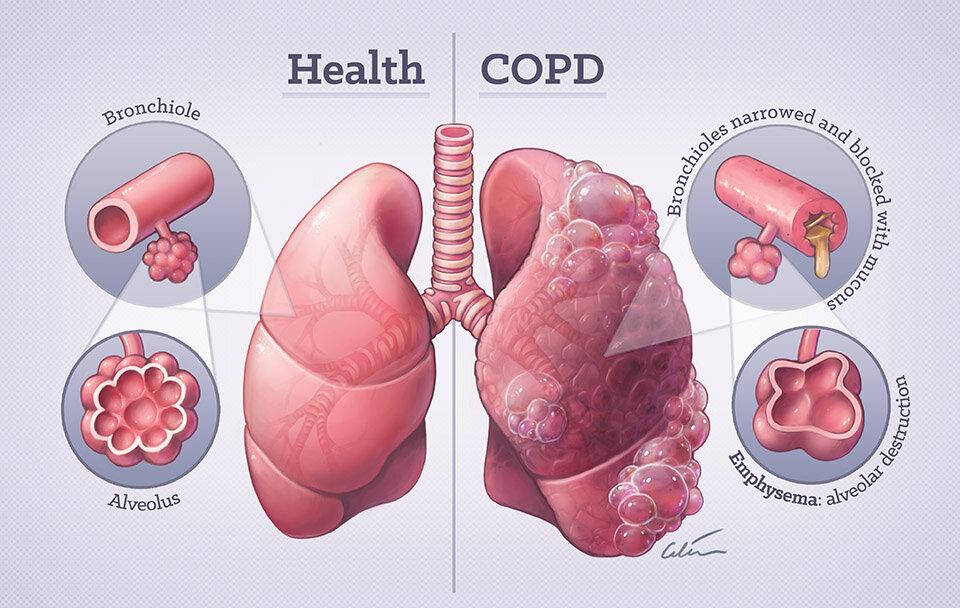Mental fog, commonly referred to as “brain fog,” is a non-medical term often used to describe a state of confusion, forgetfulness, and a lack of mental clarity. While not a recognized medical condition, it is a very real experience for many, often impacting daily life and overall well-being. This article explores the causes, symptoms, and remedies for mental fog, as well as its effects and preventive measures for maintaining cognitive vigor.
What Is Mental Fog and How Does It Feel?
Mental fog is characterized by a range of cognitive disruptions. People experiencing it may feel as though they are mentally “clouded,” struggling to think clearly, concentrate, or process thoughts as efficiently as usual. Many describe it as feeling detached from their thoughts or grappling with a mental haze that impedes productivity.
Common Symptoms of Mental Fog
Mental fog manifests differently depending on the individual, but commonly includes:
- Difficulty concentrating or “zoning out”
- Frequent forgetfulness or memory lapses
- Mental fatigue despite adequate rest
- Struggles with problem-solving and decision-making
- Slower cognitive processing or “fuzzy” thoughts
These symptoms often coexist with physical signs such as fatigue, headaches, or even mild lethargy, which can exacerbate the sense of disconnection.
The Common Causes of Mental Fog
Mental fog rarely exists in isolation; it is often linked to underlying lifestyle factors, health conditions, or temporary situations that affect cognitive function. Some frequent causes of mental fog include:
1. Sleep Deprivation
Lack of quality sleep is one of the biggest contributors to mental fog. Sleep is vital for cognitive functions like memory consolidation and mood regulation. Chronic sleep deprivation—whether due to insomnia, long work hours, or erratic schedules—disrupts these processes and slows down brain efficiency.
2. Stress and Anxiety
When you’re stressed, your brain is flooded with cortisol, the primary stress hormone. Chronic stress can impede concentration and memory, leading to a fog-like mental state. Anxiety can further compound this, as excessive worry monopolizes cognitive resources, leaving little room for focus.
3. Nutritional Deficiencies
Deficiencies in essential nutrients, such as B vitamins, omega-3 fatty acids, magnesium, and iron, can affect brain function. For example, iron deficiency often leads to fatigue and cognitive dullness, while a lack of B vitamins has been linked to memory issues.
4. Hormonal Imbalances
Hormonal shifts, particularly in estrogen and progesterone, can directly affect brain chemistry. This is one reason brain fog is a common complaint during pregnancy, menopause, and even certain periods of the menstrual cycle.
5. Chronic Illness or Medications
Certain health conditions like hypothyroidism, autoimmune diseases, fibromyalgia, and long COVID are known to contribute to brain fog. Additionally, some medications—especially antihistamines, sedatives, and antidepressants—carry side effects of mental sluggishness.
6. Dehydration
The human brain relies on proper hydration to function optimally. Even mild dehydration can impair mood, memory, and attention.
7. Excessive Screen Time
Extended exposure to digital screens, particularly without taking breaks, can strain the eyes and brain, leading to cognitive fatigue and reduced mental clarity.
8. Substances and Addictions
Overdependence on caffeine, alcohol, or recreational substances can impact cognitive sharpness. Similarly, withdrawal symptoms in cases of addiction may take the form of mental fog.
Understanding what triggers your mental fog is a crucial first step toward mitigating its effects and reclaiming your mental clarity.
The Impact of Mental Fog on Daily Life
Mental fog can extend beyond occasional forgetfulness, gradually interfering with both professional and personal lives. Its effects penetrate multiple aspects of daily functioning, including:
Workplace Performance
Mental fog hinders the ability to concentrate and manage tasks efficiently, which can diminish productivity and lead to missed deadlines. It may also affect decision-making and communication, resulting in a perception of decreased competence among colleagues and employers.
Relationships
Fog-induced irritability, distraction, or forgetfulness can strain personal relationships. For instance, mental disengagement during conversations may lead loved ones to feel misunderstood or ignored.
Personal Well-Being
The constant struggle to think clearly can leave individuals feeling demoralized or incapable. Over time, this can contribute to reduced confidence, heightened anxiety, and even depressive tendencies if not addressed.
Safe Functioning in Daily Situations
From forgetting to turn off the stove to feeling disoriented while driving, the effects of mental fog can translate into potentially hazardous scenarios.
By recognizing these impacts early, individuals can take appropriate measures to manage or counteract the consequences effectively.
Strategies to Prevent and Manage Mental Fog
While mental fog can feel overwhelming, it is often reversible through conscious lifestyle adjustments and targeted interventions. Consider incorporating the following strategies for clearer thinking and improved cognitive functionality:
1. Prioritize Quality Sleep
Aim for seven to nine hours of uninterrupted sleep each night. Establish a consistent sleep schedule, avoid screen exposure before bedtime, and create a calming pre-sleep routine to improve overall sleep hygiene.
2. Adopt a Brain-Optimized Diet
Fuel your mind by eating nutrient-rich foods. Incorporate leafy greens, fatty fish, nuts, whole grains, and berries. Stay well-hydrated, and limit processed foods and sugar, which can cause energy crashes.
3. Practice Mindfulness
Mindfulness techniques such as meditation and deep breathing can reduce stress, improve focus, and enhance self-awareness. These practices help train your brain to remain present and engaged.
4. Be Physically Active
Exercise improves blood flow to the brain, boosts mood, and enhances memory and cognitive speed. Even light activities, such as walking or yoga, can help combat mental fatigue.
5. Set Digital Boundaries
Limit time spent on digital devices. Use the 20-20-20 rule (every 20 minutes, look 20 feet away for 20 seconds) to reduce eye strain. Take regular breaks to prevent cognitive overload.
6. Supplement Wisely
If deficiencies are contributing to your mental fog, consider dietary supplements. However, consult a healthcare professional before adding new supplements to your routine.
7. Break Task Overwhelm
Prioritize and segment tasks into smaller, more manageable steps. Tracking progress on even minor achievements helps regain confidence and clarity.
8. Rely on Brain Games and Learning
Challenge your brain by solving puzzles, reading, or learning new skills. Such activities stimulate neuroplasticity and maintain cognitive agility.
9. Seek Professional Help When Needed
If mental fog persists and disrupts daily life, consult a doctor. Chronic or severe cognitive dysfunction may point to underlying medical conditions requiring specialized care.
By addressing both the root causes and contributing factors, these strategies can help you regain a sense of control while boosting mental clarity.
Mental Fog and Its Links to Physical and Mental Health
Mental fog is intricately tied to broader aspects of health, often serving as a warning sign for deeper issues. Addressing it holistically requires an understanding of these connections.
Physical Health
Conditions such as anemia, thyroid dysfunction, diabetes, and cardiovascular issues can all contribute to mental fog. Regular health screenings are essential to rule out or manage these underlying causes.
Mental Health
Mental fog frequently coexists with conditions like depression and anxiety. These mental health challenges alter brain chemistry, making symptoms worse if left untreated. Therapy, medication, or a combination of both may offer relief.
A Mind-Body Cycle
Physical ailments can affect mental health, while prolonged mental strain can lead to physical exhaustion or worsen medical conditions. This cycle illustrates why mental fog should be addressed with a comprehensive approach.
Early intervention and a focus on both body and mind ensure that cognitive clarity and emotional balance are more easily restored.
Looking Ahead: Stay Ahead of Mental Fog
Mental fog is not a life sentence. Through proactive and mindful choices, it is possible to restore mental clarity and lead a more focused, productive life. By addressing its causes, understanding its broader implications, and adopting healthy habits, you can regain control over your cognitive health.
Remember, mental clarity isn’t just about functioning better; it’s about enhancing how you engage with life—fully present, focused, and at your best. Start small, be consistent, and celebrate each step you take toward a clearer, sharper mind.





